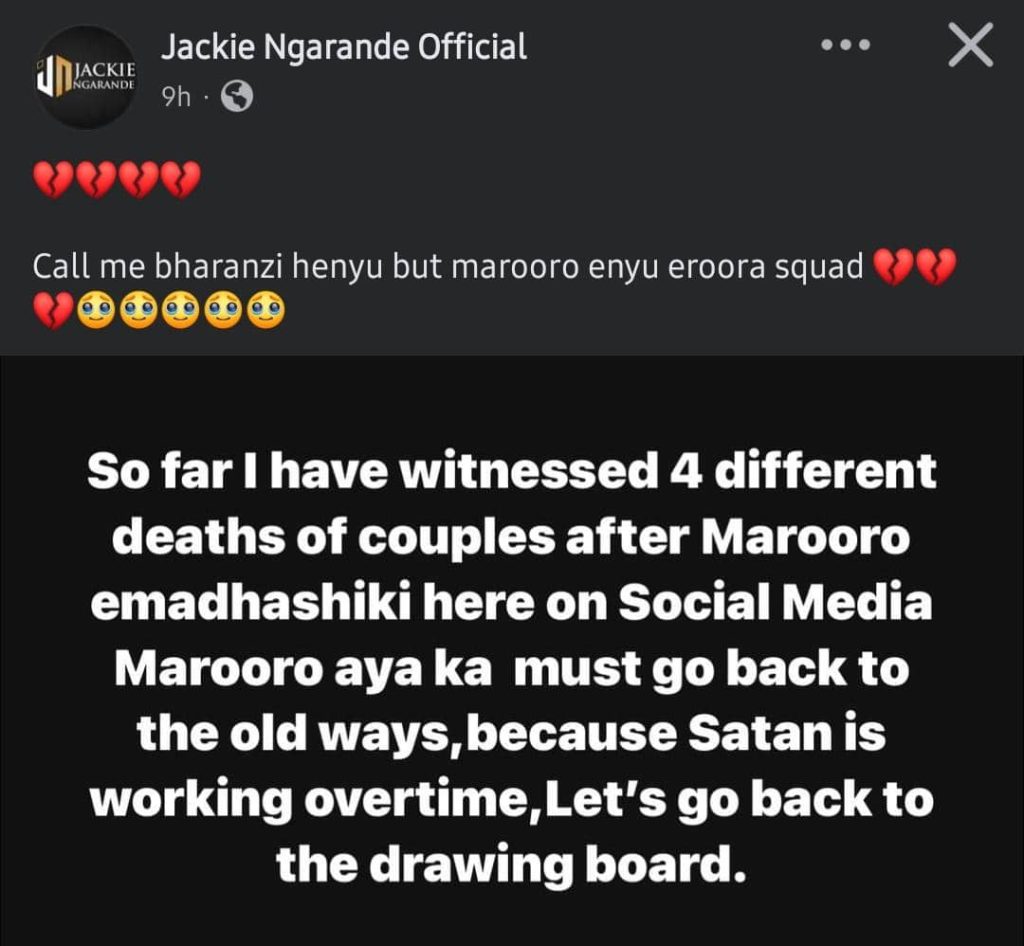
In Africa, the practice of lobola, or bride price, is a significant cultural tradition symbolizing the union between two families through marriage. However, there have recently been alarming reports of couples, or one partner, dying shortly before or after this ceremony.
This phenomenon raises questions about the underlying causes—whether they stem from witchcraft, jealousy among friends, or other societal factors.
Many people believe that supernatural forces can influence their lives positively or negatively. In some cases, couples may fall victim to witchcraft after their lobola ceremony due to jealousy from others who feel slighted by their union. Some communities hold strong beliefs that enchantresses can cast spells on newlyweds, bringing misfortune or even death. Similarly, jealousy from friends or relatives who have not secured a similar union can lead to malicious actions aimed at disrupting the couple’s happiness.
The process of negotiating and paying lobola often places a significant financial burden on the groom’s family. In many cases, families go into debt to meet the expectations associated with lobola payments. This financial strain can lead to immense stress for both partners as they begin their married life under the weight of economic pressure. The stress associated with financial instability can contribute to health problems, including mental health issues such as anxiety and depression.
The psychological impact of entering into marriage can also play a role in these unfortunate events. The transition into married life brings about significant changes that can induce stress—financial burdens due to lobola payments and societal expectations can weigh heavily on young couples. If one partner suffers from mental health issues exacerbated by societal pressures or personal circumstances surrounding their marriage, it could lead to tragic consequences.
In some cases, the dynamics established by lobola negotiations can create an imbalance of power within the marriage. The perception that a woman has been “purchased” through lobola can lead to increased instances of gender-based violence (GBV). Women may feel trapped in abusive relationships due to societal expectations surrounding marriage and the stigma associated with divorce or separation. Tragically, this violence can escalate quickly and result in serious injury or even death.
Cultural expectations surrounding marriage often place immense pressure on newlyweds to conform to traditional roles immediately after their union. This pressure can manifest in various ways—such as expectations regarding childbearing or household responsibilities—that may overwhelm couples still adjusting to married life. The inability to meet these expectations can lead to emotional distress and conflict within the relationship.
The tragic reality is that many couples in Africa face dire circumstances shortly after lobola due to these concerning trends. One might wonder if opting for a private lobola ceremony could mitigate some risks associated with traditional practices. A private ceremony allows couples more control over their wedding plans without external pressures from extended family or community members.
Can we say it is possible to create a safer environment for newlyweds in Africa—one where love flourishes rather than succumbs to tragedy???







